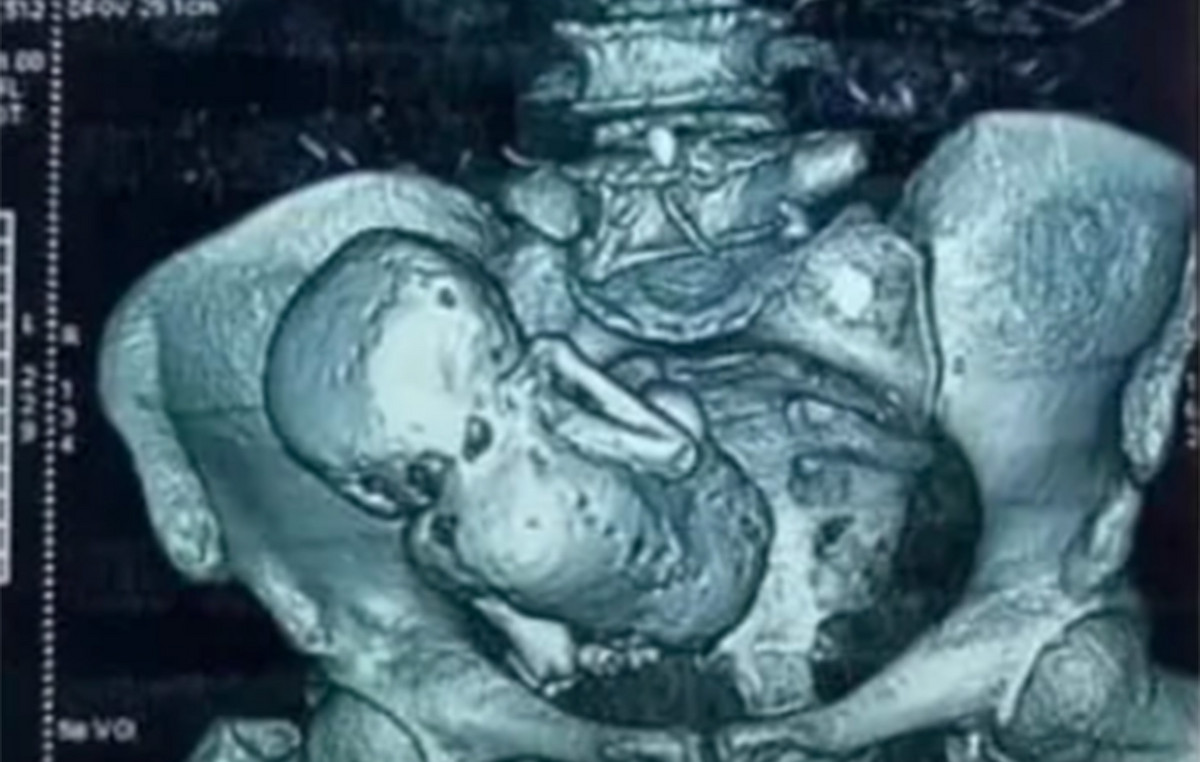A new study describes the first identification of the SARS-CoV-2 alpha variant in domestic animals; two cats and one dog tested positive for a PCR test, while another two cats and one dog exhibited antibodies two to six weeks after developing signs of heart disease in the UK.
As a result, the study reveals that pets can be infected with the alpha variant of SARS-CoV-2, first detected in south east England and commonly known as the UK variant or B.1.1.7.
This variant quickly surpassed the pre-existing variants in England due to its increased transmissibility and infectivity. The study was published in Veterinary Record, the journal of the British Veterinary Association.
Animals developed myocarditis
All of these pets had an acute onset of heart disease, including severe myocarditis (inflammation of the heart muscle), noted the study by veterinarians at The Ralph Veterinary Referral Center in London, England.
A total of 26 canine and feline patients were diagnosed with suspected myocarditis at The Ralph Veterinary Referral Center between December 2020 and March 2021.
According to research reports, many owners and handlers of these pets with myocarditis developed Covid-19 respiratory symptoms and a positive PCR test for the disease within 3 to 6 weeks before their pets became ill.
Two pet caregivers also reported having developed severe Covid-associated myocarditis a few weeks before the onset of clinical signs in their pets.
Given this coincidence, together with the intriguing simultaneous presence of suspected myocarditis in these pets and the outbreak of B1.1.7 in the UK, the researchers decided to investigate SARS-CoV-2 infection in these pets.
“Our study reports the first cases of dogs and cats affected by the alpha variant of Covid-19 and highlights, more than ever, the risk that companion animals could become infected with SARS-CoV-2”, said the study author , veterinarian Luca Ferasin of The Ralph Veterinary Referral Centre, UK.
The study also reported the atypical clinical manifestations found in animals, characterized by severe cardiac abnormalities, which is a well-known complication in people affected by Covid-19 but never described in pets before.
“However, Covid-19 infection in pets remains a relatively rare condition and, based on our observations, it appears that transmission occurs from humans to pets rather than the other way around,” said Ferasin.
Reference: CNN Brasil







